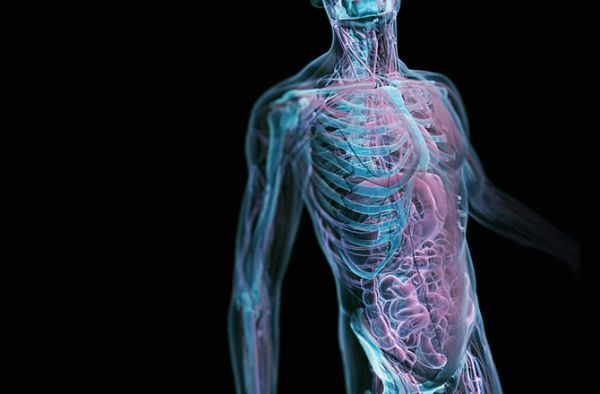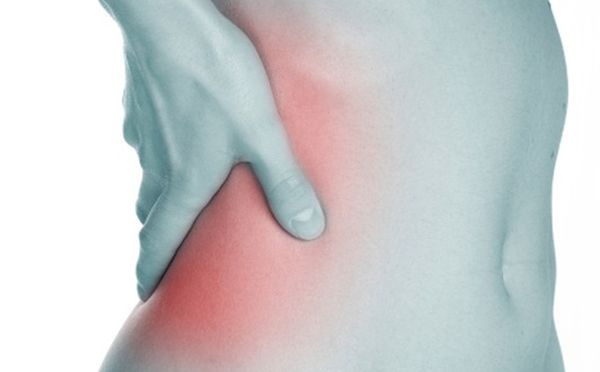Protein are vital for the formation of structural component of the body tissues. They are essential for performing various biological functions in the body of an individual. Proteins are used to make antibodies and enzymes that help the body to fight against various types of infections. They are also important for DNA, which is known as the building blocks of our body.
Around 40 to 50 percent of our body is made of protein, which is stored in the body as muscles. It is beneficial to increase the body activity, improves the health, fitness, and body composition. The rich and natural sources of protein are milk, meat, fish, eggs, shakes, bars, beans, and nuts. It is vital to include the combination of these foods in your daily meal in order to meet your daily protein requirements.
Risks or side effects to consuming too much protein
It is vital to understand that high consumption can be very dangerous for health. Eating more protein in your meal can act as a barrier in achieving health and fitness goals. It can make individual obese, stress kidneys, and can lead to dehydration. If you consume sufficient amount of protein it will helps your body to grow in a healthier manner. On the other hand, excess amount of protein can fuel weight gain, yeast overgrowth, and cancer.
Weight gain
Our body requires specific amount of protein to perform several biological functions. Excess protein intake can make you to gain more weight. More body weight means more health risks as it can make a person prone to diseases like diabetes, high blood pressure, and arthritis.
Cancer
If you maintain a balanced protein intake then it can extend your lifespan. Excess protein consumption can even cause cancer.
Dehydration
Excess protein intake can lead to dehydration and this can become chronic without proper medical care. Doctors advise to drink at least half gallon of water per 100 grams of protein.
Cardiac problems
Foods that contain protein also rich in fats, it involves foods like eggs, meat, and fish. It can also harm the functioning of your heart as it contains an abundance of cholesterol and this can lead to severe cardiac problems like heart attacks and strokes. Cholesterol intake more than 200 milligrams can block the arteries and can risk your life. It is vital to avoid such foods that contains huge amount of cholesterol and protein.
Kidney problems
Consumption of high protein diet for a long time can harm the kidneys. It can stress your kidneys and can contribute to pre-existing kidney problems and stone in the kidney. It is vital for people who consume more protein to maximize their daily water intake. Drinking water can help the kidneys flush wastes out of their system effectively.
Nutritional deficiencies
This will make the bones weak, as the body will require more calcium to digest more protein. Body will take the calcium from the bones and lead to various bone disorders. This will also lead to unbalanced diet and that can cause nutritional deficiencies.
Reduced liver and brain function
An excessive intake of protein can harm your nervous system, liver, and brain. More protein produces more ammonia, which can harm the liver and can lead to various liver disorders. If a person eats more protein for a long time, it can make his liver overworked and allow toxics and harmful toxins to build up in his blood stream. It can also affect the functioning of brain and nervous system.
Summary
Proteins are an essential part of a balanced diet that are important for mental and physical growth. High consumption of protein can be very dangerous as it can harm our health.







